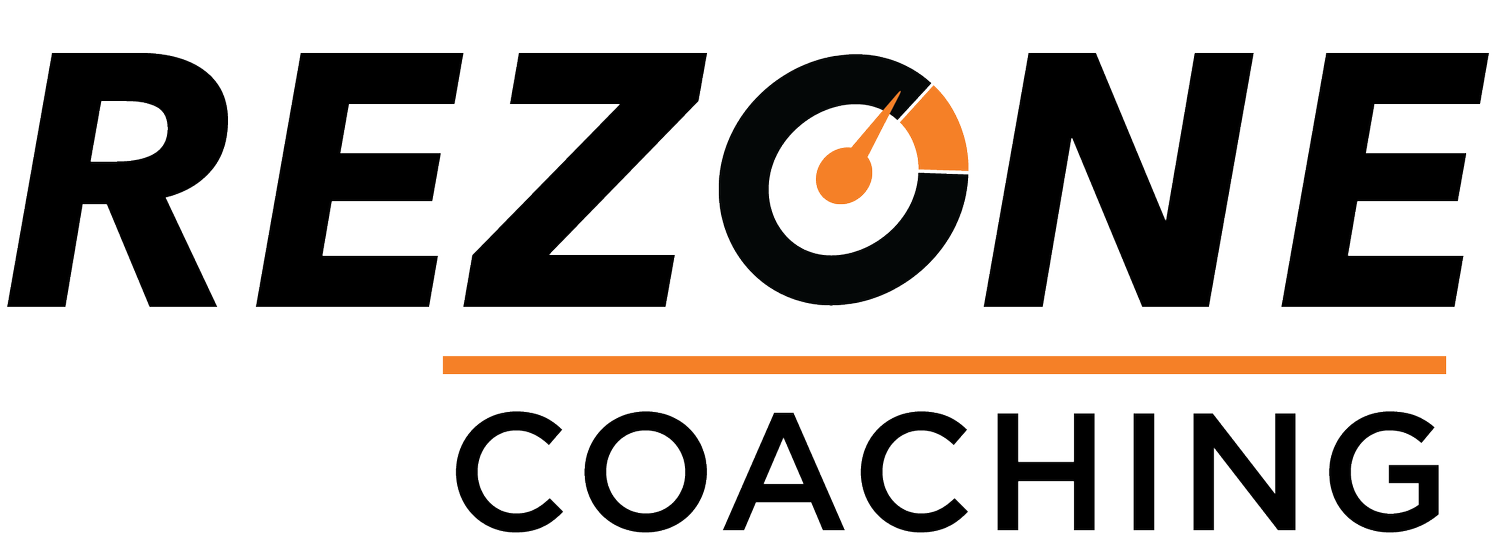
Brian’s Blog
For more resources, check out the ReZone Learning Library.
How Coaching Helps Overcome ESG Challenges in Digital Leadership
I discussed the critical role of effective communication in digital leadership, particularly when navigating complex and potentially controversial issues related to ESG (Environmental, Social, and Governance) challenges. As leaders strive to address these challenges, their ability to genuinely connect and communicate with others becomes paramount. Many coaching programs (mine included) offer individuals insights into their unique communication tendencies and coach them on modulating their style to maximize alignment with others and achieve organizational goals.
This Forbes article explores how coaching can be instrumental in overcoming ESG challenges in digital leadership. In addition to my contribution, you'll discover a range of insights that highlight the transformative impact of coaching in addressing complex leadership issues.
15 Ways Leading With Self-Empathy Promotes a Leader's Growth
My contribution emphasizes the importance of confronting imposter syndrome to promote personal growth and leadership development. Imposter syndrome is a common challenge leaders face, especially as they step into new, demanding roles. However, by openly discussing these fears and learning to push through them, leaders experience personal growth and inspire others to do the same. Confronting imposter syndrome demonstrates vulnerability and resilience, qualities that can encourage and motivate others.
The article shares 15 ways in which leading with self-empathy can foster a leader's growth. In addition to my contribution, you'll discover a wealth of insights highlighting the transformative power of self-empathy in leadership.
Asking Good Questions To Motivate Teams
This article offers invaluable strategies for leaders looking to uncover what drives their teams and how to effectively harness that motivation.
In my contribution titled "'What truly matters to you, and why?'" I emphasize the importance of understanding the unique motivations of each team member. As leaders, we can only motivate others when we truly understand their goals, values, and driving forces. Armed with these insights, leaders can tailor strategies that align organizational missions and goals with each team member's individual values and interests, creating a win-win situation for everyone involved.



